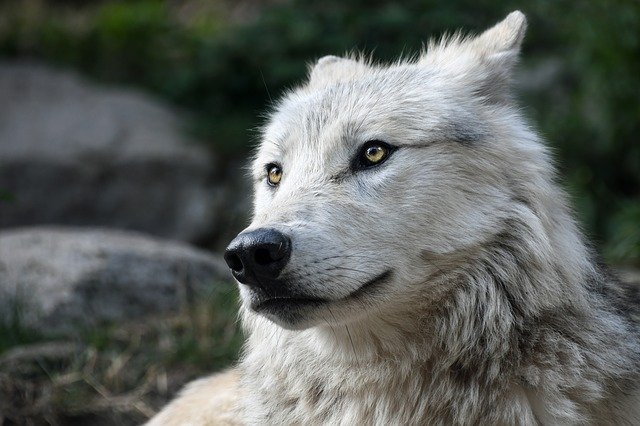Walloon authorities have confirmed the presence of a wolf in the province of Liège, with DNA tests ongoing to determine the identity of the animal.
Wallonia's environment ministry confirmed that a wolf was present in regional territory following the discovery of a sheep carcass in the small town of Xhoffraix, in the outskirts of the North Eifel Nature Park, near the border with Germany.
Analysis of the sheep's remains confirmed that it had been killed by a wolf of Italian-Alpine origin, according to the preliminary results communicated by the University of Liège.
Walloon authorities believe that the preliminary findings suggest that the wolf responsible for the killing could be a brand new arrival in Walloon territory.
"[The results] de facto exclude the possibility that it is Akela [a wolf who] is of Germano-Polish origin," an online statement reads, referring to another wolf who has settled in the area.
Related News
- Possible third wolf spotted in Flanders
- New female wolf 'Noëlla' spotted in Flanders
- Sheep farmer fits dogs with spiked collars to protect against wolf
- Signs of a possible wolf presence in Antwerp region
Additional testing will be carried out in order to determine the animal's gender as well as to compare the collected DNA with that of another wolf of the same origins, named Ebly.
"This individual could, therefore, be the 6th confirmed wolf sighting in Wallonia," the online statement read, adding that only Akela and Ebly were known to have effectively settled in the region.
"This new discovery could potentially be very good news for nature and biodiversity," Walloon Environment Minister Céline Tellier said, 7sur7 reports.
Tellier said that Wallonia was currently working on a plan to boost wolf populations in the region, which would include accompanying and support measures for farmers, including indemnification for damages or losses.
News of the sighting comes as authorities in Flanders also lay out plans to protect wolves in their territory, following the illegal poaching of a wolf and her cubs last year.
Gabriela Galindo
The Brussels Times

